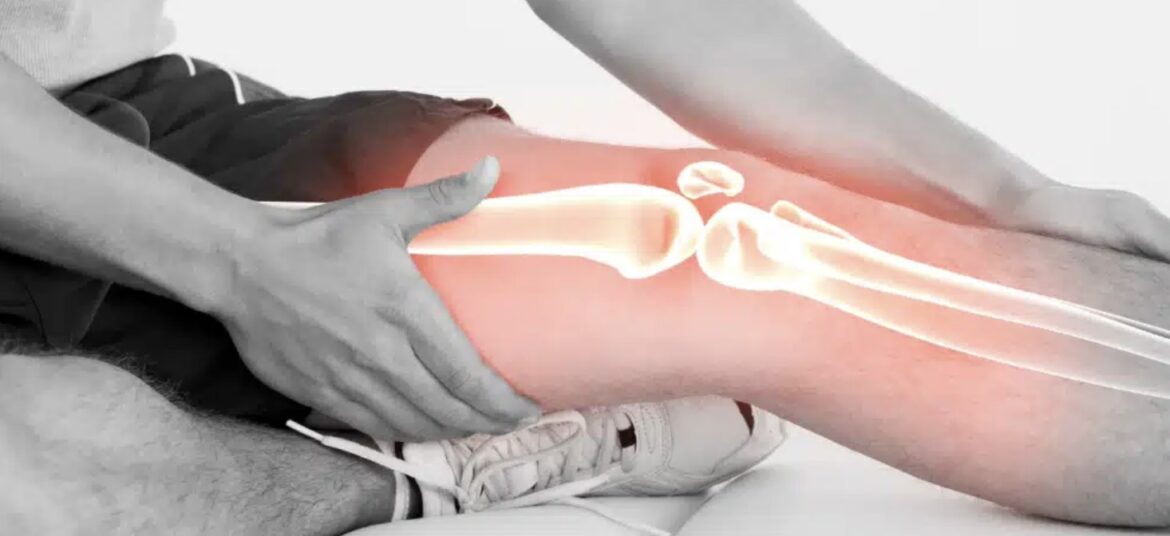For millions of Indians aged 45 and above, chronic joint pain isn’t just a minor discomfort; it’s a constant, debilitating reality that impacts their daily lives, often without the benefit of timely and appropriate medical care.
A recent national study, published in BMC Geriatrics, paints a stark picture: nearly half of these demographic struggles with joint pain, and a significant percentage also battles persistent back pain. Yet, amidst these alarming statistics, a deeper problem emerges – a societal tendency to normalize pain, leading to delayed treatment and, often, irreversible health consequences.
The study, which meticulously analyzed data from over 58,000 individuals across India’s diverse states and union territories, highlights a critical chasm. On one side stands the sheer scale of chronic pain; on the other, a healthcare system and a public perception that often fail to adequately address it. Instead of seeking professional help, many resort to over-the-counter remedies, traditional home cures, or simply resign themselves to “living with it.”
This pervasive mindset, experts warn, has transformed what could be manageable conditions into a full-blown public health emergency, intricately linked to a host of other serious health issues, from cardiovascular decline to psychological distress.
Beyond the Ache: A Cascade of Complications
Chronic pain, as medical professionals increasingly understand, is far more than just a localized ache. It’s a complex, multi-faceted condition that can trigger a domino effect of health problems.
“By the time most patients walk into Nivaan Care, they’ve been in pain for months—sometimes years,” observes Dr. Rohit Gulati, a Pain Specialist and Associate Clinical Director at Nivaan Care. He recounts a common trajectory: patients cycling through various painkillers, bouncing between orthopedic specialists, and experiencing emotional burnout before finally seeking comprehensive solutions.
“What they truly need—and what we provide—is a comprehensive pain management approach. At Nivaan, we combine clinical diagnosis with movement therapy, regenerative medicine, and psychological support. Our mission is not just to relieve pain, but to restore daily function and prevent recurrence.”
The ripple effect extends even to the heart. Dr. Sameer Gupta, Senior Interventional Cardiologist, Vascular Intervention Specialist, Group Head – Cardiac Cath Lab, and Director – Metro Group of Hospitals, frequently witnesses this connection. “Pain is often treated like an inconvenience, when in reality, it’s a gateway to disease,” Dr. Gupta states with conviction. “We regularly see patients whose mobility declines due to untreated back or knee pain, and what follows is a spike in cardiovascular risk—elevated blood pressure, stress-related arrhythmias, even cardiac events. Pain indirectly accelerates heart disease by robbing people of physical activity, emotional stability, and sleep. Early pain management is not just musculoskeletal care, it’s preventive cardiology.”
A Holistic Approach: The Path Forward
Recognizing the complex interplay of physical, mental, and social factors in chronic pain, healthcare innovators are advocating for a more integrated approach.
“Chronic pain deserves the same strategic focus as diabetes or heart disease,” asserts Dr. Jyotsna Agarwal, Head Clinical Development at Nivaan Care. She emphasizes the philosophy behind their integrated care model: “That’s why we built an integrated care model—bringing together pain specialists, physiotherapists, rehabilitation professionals, and behavioral experts under one roof. Because pain isn’t just physical—it affects sleep, mood, relationships, and one’s ability to live independently. Early, consistent care makes all the difference.”
The study’s findings underscore the urgency:
- 47% of adults aged 45+ report joint pain.
- 31.7% report chronic back pain; 20% report ankle/foot pain.
- Women and older adults face significantly higher risk.
- Pain is strongly linked to inactivity, obesity, depression, and cardiac risk.
- Highest prevalence reported in Uttarakhand, Manipur, and Madhya Pradesh.
These statistics paint a clear picture: India’s chronic pain burden is not merely a collection of individual ailments, but a growing public health crisis demanding a national response. Experts are calling for the integration of pain management into national health strategies, expanded access to multidisciplinary care centers, and robust public awareness campaigns to empower individuals to seek help early.
While specialized centers like Nivaan Care are demonstrating effective, science-backed recovery models, the challenge lies in scaling these solutions across a vast and diverse nation. Reversing India’s chronic pain burden will require a concerted effort – a shift in perception, increased investment in specialized care, and a collective understanding that pain, when left untreated, takes a profound and costly toll on individuals, families, and the nation’s health as a whole. The time for silent suffering is over; the time for decisive action is now.






